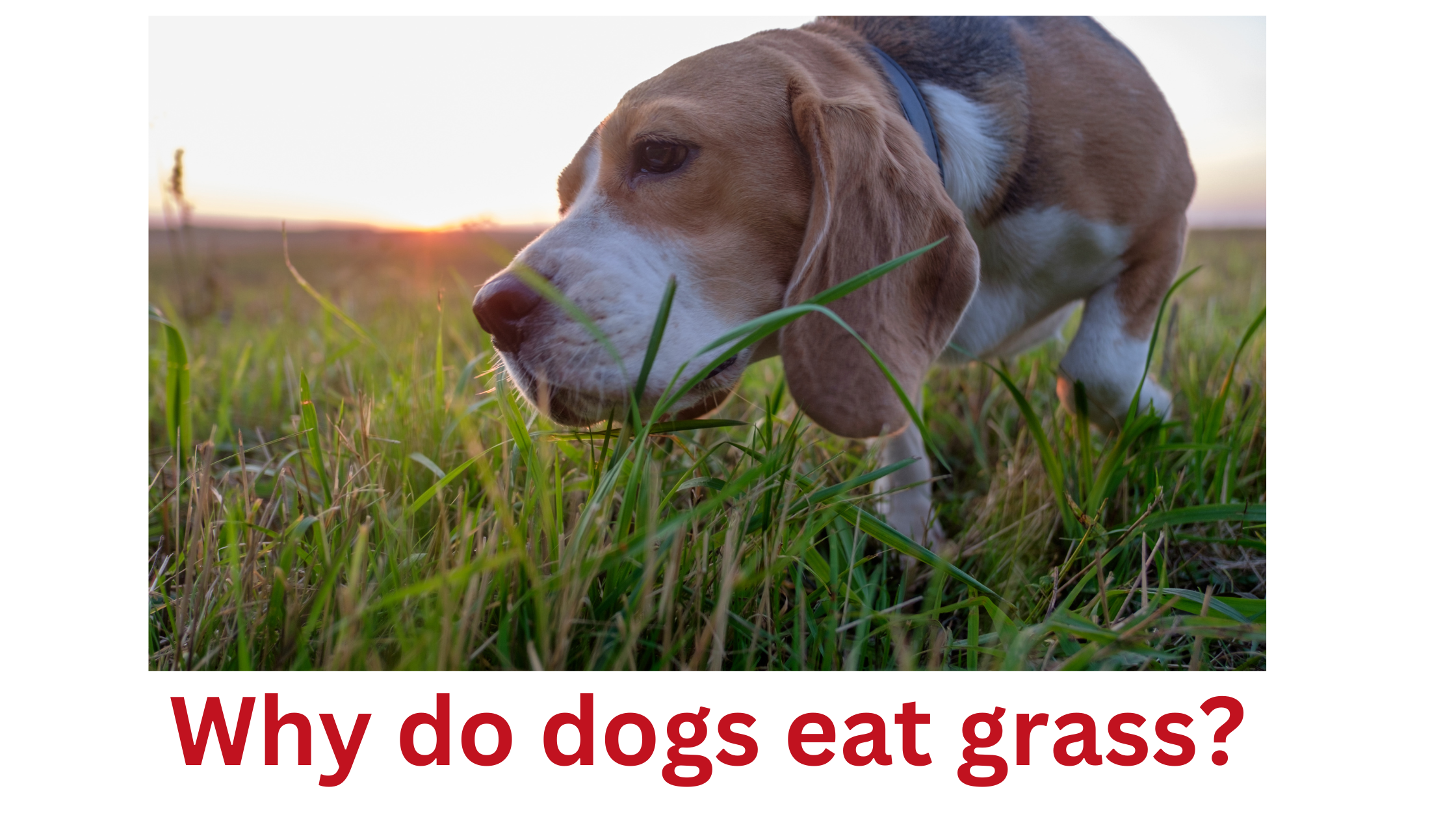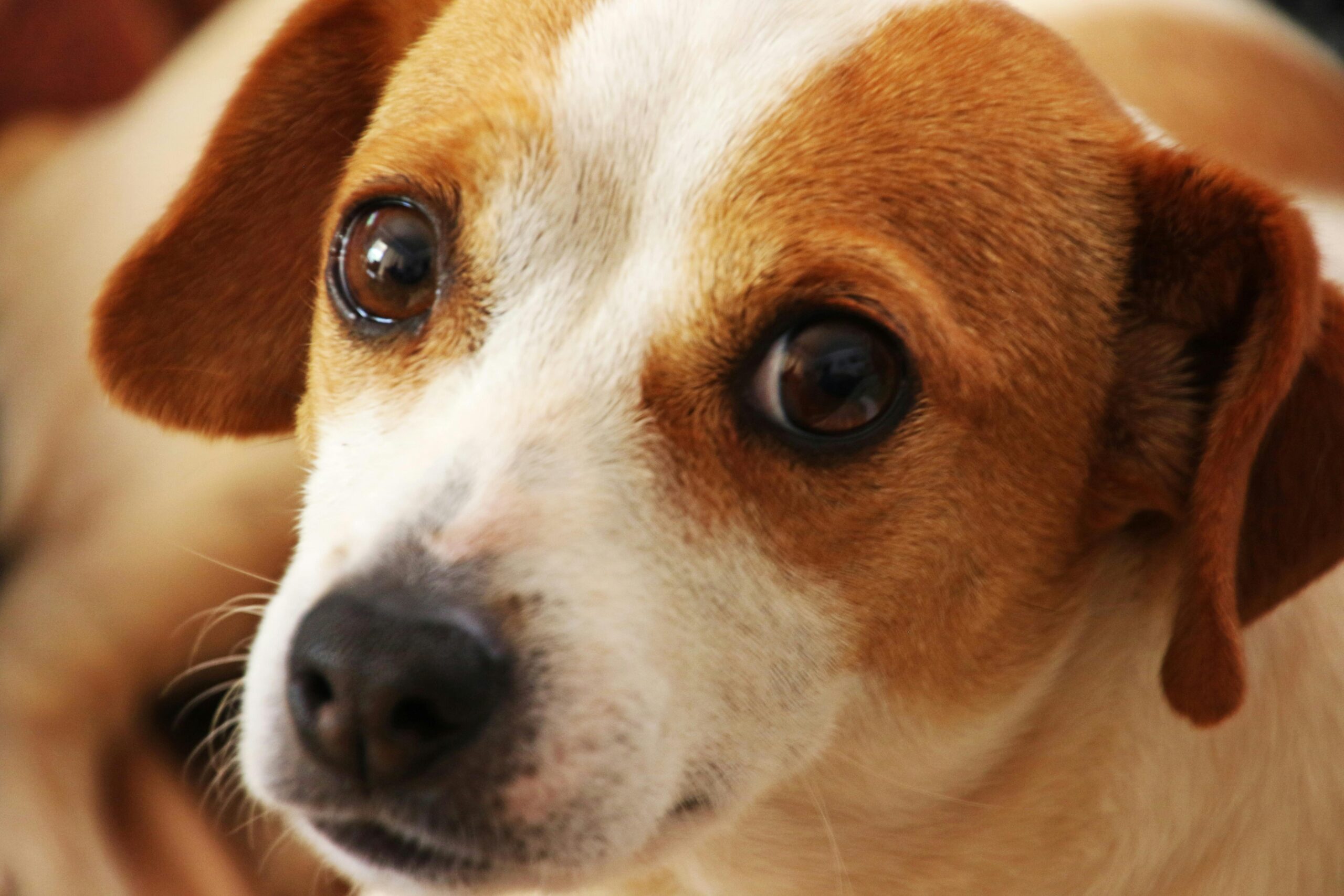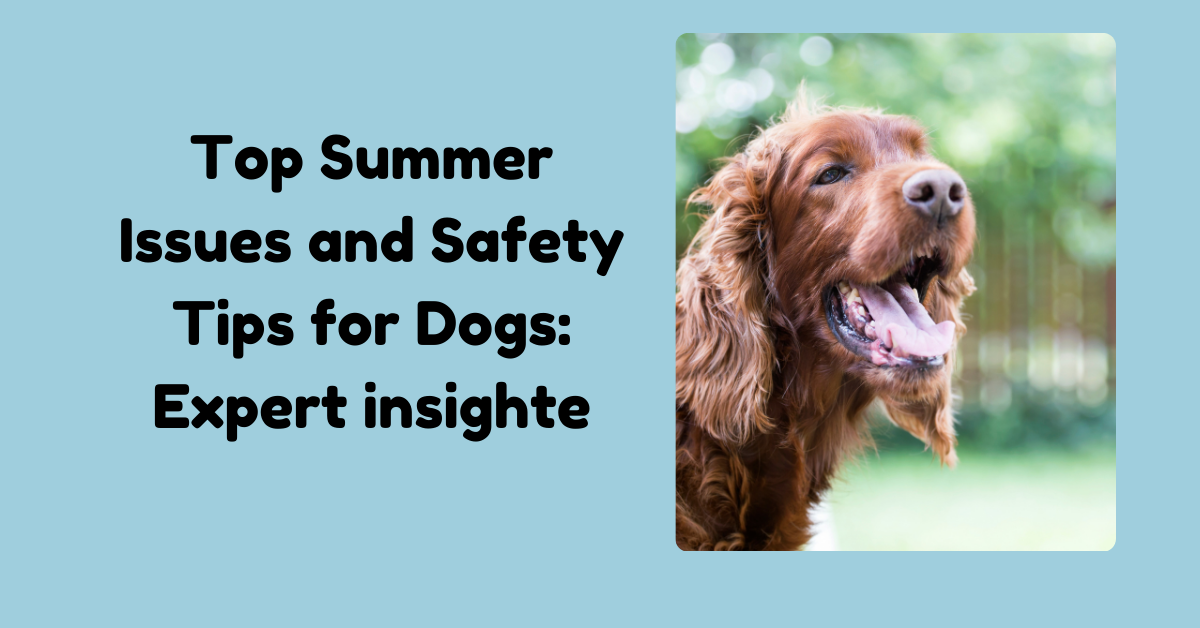It’s very common to see dogs munching on grass while out on walks and during playtime, so many pet owners have wondered why they do. Rather than listen to the array of theories, there is no definitive answer. However, Some people think dogs eat grass to induce vomiting, while others believe it’s a response to an upset stomach or a way to get essential nutrients, such as fiber. But then again, scientific research does provide a deeper insight.
Behavioral activity
Other theories claim that it is an instinct inherited from their wolf ancestors because quite several studies indicate that wolves, on some occasions, do nibble on plant material. Grass is consumed by other wild canids such as foxes and coyotes. This implies that it could be a genetic behavior handed down through several generations.
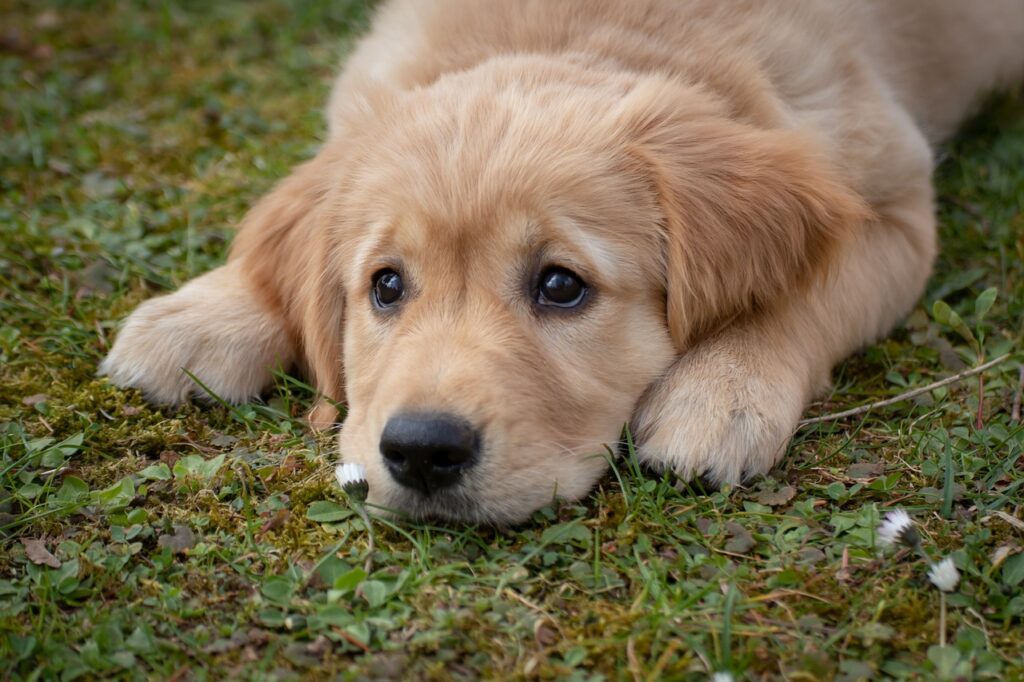
Making Up for a Deficiency in Nutrient
Another more interesting case was an 11-year-old Miniature Poodle now having a long history of eating grass and vomiting. On conversion to the high-fiber diet, the behavior ceased, suggesting the dog was compensating for a dietary deficiency.
The Digestion of Grass.
While dogs can digest some of the carbohydrates, grass mainly passes through their systems undigested. This implies that the nutritional value that dogs obtain from grass is very small and that they cannot digest it easily.
Typical Canine Behavior
A 2007 study proposed that grass eating might simply be a part of normal behavior influenced by hunger and time of day. In the study, dogs were more likely to eat grass if hungry and early in the day. Thus, this implied that grass eating isn’t necessarily linked to illness.
Calming an upset stomach
Another study looked at dogs fed with a substance causing mild diarrhea. Such dogs ate less grass than the ones fed on a regular diet, showing the possibility that dogs may not eat grass to alleviate their problems with gastrointestinal upset.
Curiosity and Attention
Puppies are often still very mouth-exploratory, so eating the grass may be an exploratory behavior, the same way children eat dirt. Some of them do it to fetch your attention, since it is one of the foreign behaviors that usually attracts some attention from the owner.
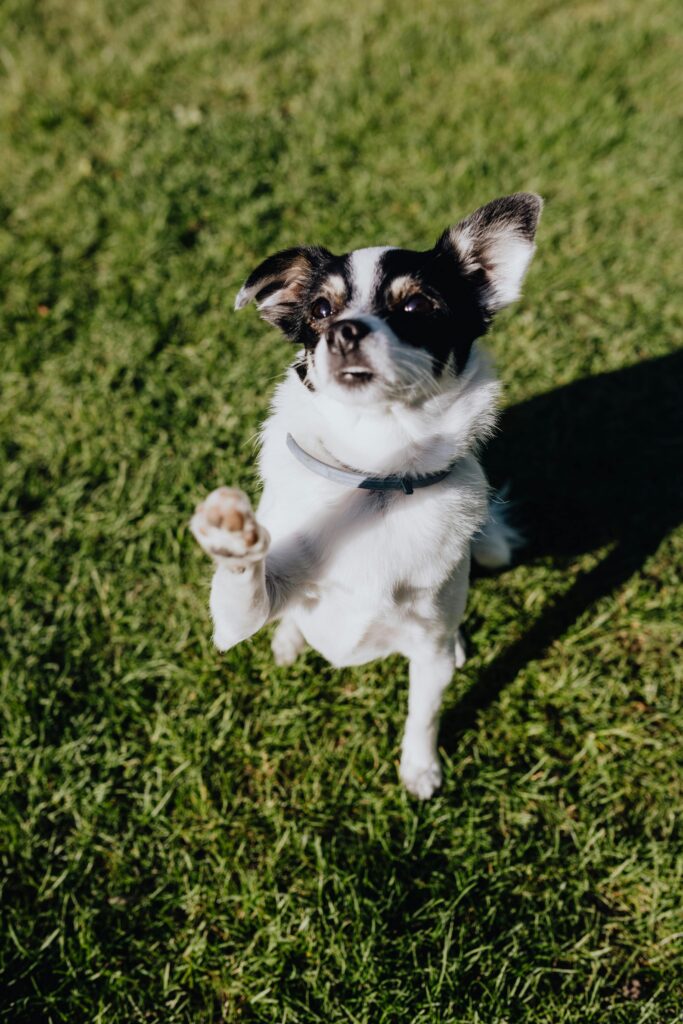
Vomiting Induction
A study with veterinary students and owners found that the majority of pet dogs appear to be eating grass. Less than 10% of these grass eaters showed signs of illness before the behavior, and almost none seemed to be vomiting up hairballs or other indigestible substances, which is contrary to the hypothesis that dogs eat grass to induce vomiting.
Safety Concerns
- Though there are no severe dangers from eating grass, this practice has hazards.
- Pesticides and insecticides may contaminate the grass, as well as fecal material, which is harmful to the dog. Pesticides cause major health problems, including nausea, vomiting, and diarrhea.
- The grass contaminated with fecal material exposes the dog to diseases like intestinal parasites and parvovirus.
- Preventing Grass-Eating Prevent your dog from eating grass by walking them on a leash and avoiding areas with treated grass.
- Make sure your dog feeds on a complete and balanced diet to rule out nutritional insufficiency. Guide your dog via positive reinforcement if it tries to eat grass.
- Giving them home-grown grass is also a safe way to fulfill this instinct.
When to Visit a Vet?
- Visit the Vet If your dog gets sick before or after eating grass, or if you know he has consumed grass treated with pesticides, contact your veterinarian. Bringing the product label for any pesticide on the grass can help your vet determine the appropriate treatment. By becoming educated on these behaviors and by taking preventive means, you will assure the health and welfare of your dog.

